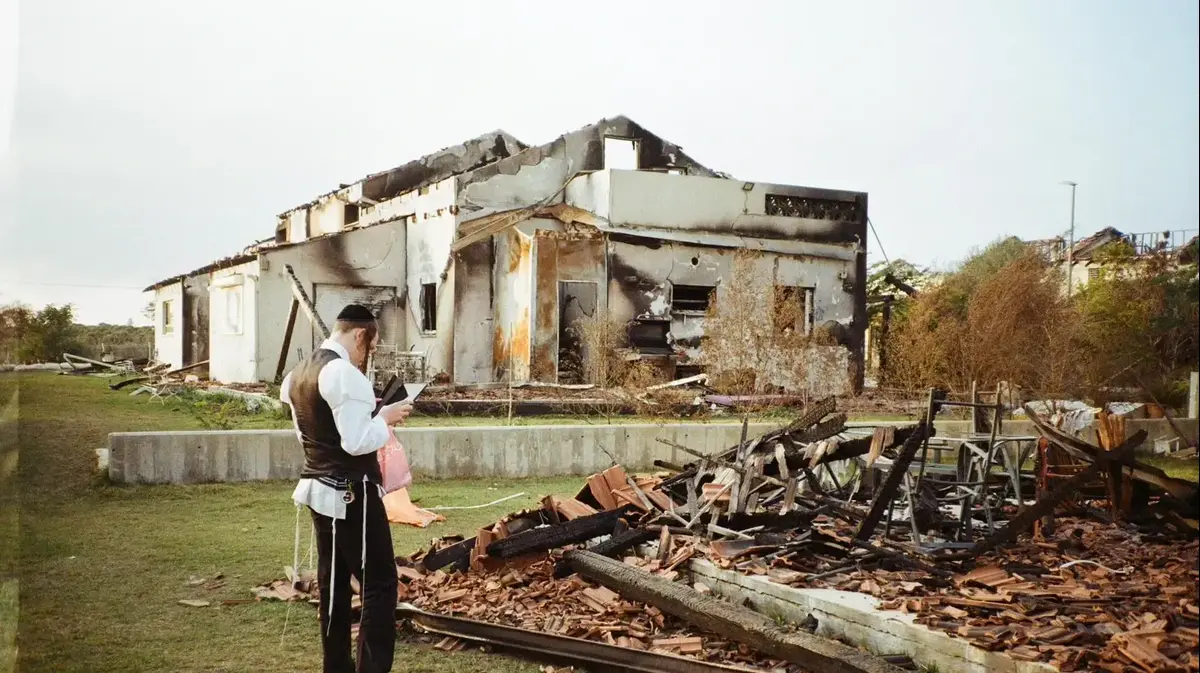This is the web version of Americanas, the newsletter of EL PAÍS América in which it deals with news and ideas with a gender perspective.
If you want to subscribe, you can do so
at this link
.
Transsexual and non-binary people in Colombia continue to be excluded.
They are statistically invisible and, therefore, the State's response to guarantee their rights is not enough.
The little that is known has been thanks to his organizational work.
It is because of the groups and organizations of trans activists that we know that they suffer from job insecurity, that 57% of trans women are in the lowest economic levels, and also because of their complaints that we know that they are the greatest victims of violence against LGBTIQ+ population.
Seven trans women had been murdered in the first 14 weeks of this year, according to their data.
It has been thanks to their own efforts that we now also know what care practices they have created in the absence of the state.
The investigation
The State does not take care of me, my friends take care
of me travels through Colombia to understand from the hand of trans organizations the struggle to preserve their lives and accompany each other on the path to transition in their bodies.
“Care is not letting yourself die;
it is not allowing the indifference of the State and the violence of society to destroy our minds;
it is finding a space where we can thrive and grow.
The search and creation of that space is what many trans people dedicate their lives to, because it depends on it.
Their bodies get closer and work together.
They cook and eat together.
Meanwhile, they wonder about what they lack, and if any of them are missing”, says the report, which describes with specific cases and testimonies the logics of care of the trans organizational process.
The care that trans people talk about is not exclusively equivalent to love or protection.
It goes further.
“Care is also a direct affront to the hegemonic social, cultural and political logics and laws that have governed us, since it subverts traditional conceptions of human relationships.
It is not the State that protects, but it is our most basic relationships that give us meaning and a place in the world”, says the report.
“The bandage [to flatten the breasts] peels you off, the bandage can remove cysts, the bandage over time will bring you problems.
There are [trans] boys who put up to four vests on top of the bandage, the vest, the camisilla, the vest, another vest or a jacket, we talk about these types of issues, the use of girdles and how that affects to the postures of each boy”, recounts a trans man in Cali.
“At first it was a bit complicated to change my mood with the hormones, I changed my mood a lot, I was a super aggressive person.
For whatever reason I exploded, but despite the fact that I had this change in mood, I saw a change in my physique and changed my face, my tone of voice, my body was more feminine each time and I felt great”, says a woman trans in Quibdó, in the Colombian Pacific.
The investigation travels the country to collect testimonies and learn about the practices that have become spaces of refuge, such as the accompaniment of self-identification processes and legal or medical procedures (related or not to traffic), meetings, meetings on the shore of the river, community pots and spaces for dancing and singing.
“The river was the only source, space, territory, place, house without a roof that said to LGBT people: 'Come on, I do give you inclusion, I do give you space, I like the reign, I'm not a queer, but I like it!” says one of the interviewees in the center of the country.
Public space, as the testimonies point out, which can be consulted here, has a fundamental value for trans people.
“Making public space a home, not only to work, but also to cook, sing and dance, is the ultimate conquest thanks to the network of care that has made the visibility of the trans body and its political vindication possible.
It is also there where daily violence is resignified, since state violence is responded to with dance and music.”
These are our recommendations of the week:
And some suggestions to finish:
📷
A photographer: Sara Aliaga.
By Lorraine Arroyo
As a lover of Bolivia, a country where I lived almost two years ago (how time flies!), I have been following Aymara photojournalist Sara Aliaga Ticona on her Instagram account for months.
Her work portrays like no other the pride of the La Paz chola and the elegance of her jeweled hats, her polleras (skirts), braids and shawls.
She also explores the identity of these indigenous women and the strength and resistance they maintain after centuries of discrimination.
Fellow of the National Geographic Society and member of Women Photograph and Indigenous Photograph, Sara explains on her website that she uses photography as an instrument to reconquer identity.
In addition, she explores visual narratives "related to gender and identity and the social space of women in Bolivia to make visible, in a participatory manner, issues related to human rights and the climate crisis that impact indigenous peoples."
In addition to collaborating with various international media, Sara is the founder of the first collective of Bolivian photographers,
War-MiPhoto
(warmi in Aymara is a woman), and organizer of the First Residency in Gender Narrative
Exisitimos
.
Don't miss her work 'Cholita tú tú ser', a project that, as she explains, was born from the attempt to understand her role as a woman.
“For a long time, I didn't fit in with my surroundings,” she explains.
Although she did not wear a skirt like other women in her family, she says that she did feel identified with the cholas.
Recently, Sara has worked with our colleague José Pablo Criales on a story for the new América Futura section about the fisherwomen of Lake Poopó, which has practically disappeared due to climate change.
Here you can see it.









